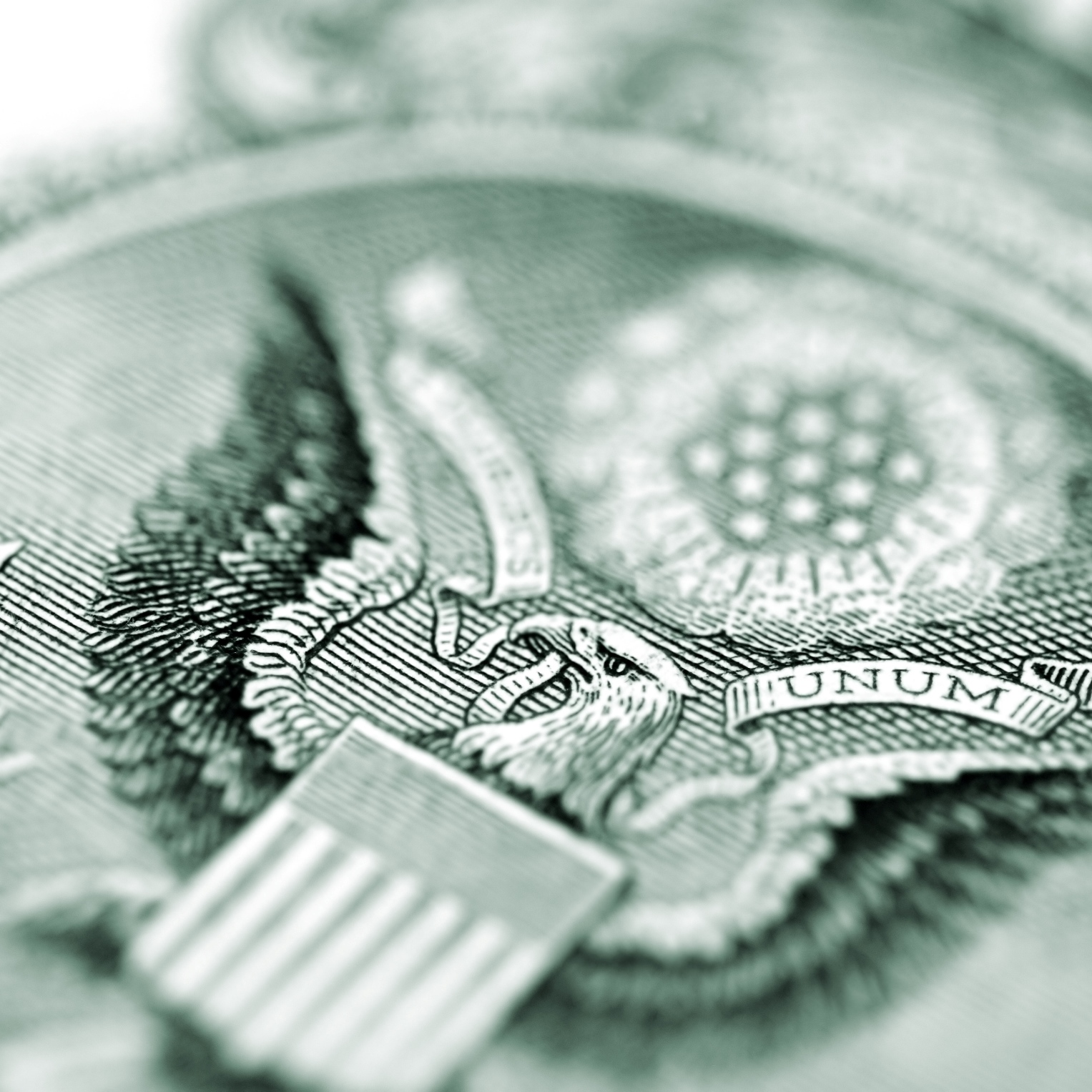Banking, finance, and taxes
China and Japan Continue to Liquidate US Treasury Holdings: What It Means

Published:
Last Updated:

November marked a record month for China in terms of the pace of its liquidation of foreign exchange reserves. The People’s Bank of China reported on Monday, December 7 that foreign exchange reserves, which mostly consist of U.S. Treasury debt, dwindled by another $87 billion in November. This constitutes a stunning 2.5% drop in one month.
Since peaking at $3.99 trillion in June 2014, China’s central bank has sold off more than half a trillion dollars of (mostly) U.S. treasuries, accounting for 14% of its entire stockpile. At this rate China’s foreign exchange holdings will be liquidated within nine years. While there is no reason to assume the current rate will continue for that long, it does illustrate how fast the debt and currency markets are moving, hinting at possible instability ahead.
Right behind the largest U.S. Treasury holder is the second largest, Japan. Japan’s Ministry of Finance also reported a sharp drop in its own foreign exchange reserves in November, likewise also mostly U.S. Treasuries. Japan’s stockpile is now $1.233 trillion, down from $1.244 trillion last month for a drop of 1%. Since peaking, Japan’s hoard has dwindled by 6%, and the decline has so far lasted four years.
Why the sell-off? Central banks tend to sell foreign currency when their own domestic currency is under too much selling pressure. China is currently experiencing capital outflows as investors abandon their yuan for U.S. dollars and euros to take out of the country and invest elsewhere. That floods the Chinese markets with extra liquidity that the People’s Bank of China is trying to soak up before it results in price inflation. They do this by selling foreign currency in order to buy the extra yuan. It’s the same story, though to a lesser extent, with Japan.
The longer term implication of these sell-offs is that they eventually will affect global bond and currency markets. With the two biggest holders of U.S. Treasuries now net sellers, and the Federal Reserve about to hike interest rates, there will be little buying pressure to counteract a sell-off caused by any possible disturbance.
Regarding the probable upcoming Fed hike, keep in mind that the Fed does not simply dictate its own overnight rate by fiat. Also, the rate itself is not what the Fed charges member banks for funds. The actual rate is the rate at which Fed member banks loan to one another. In order to tweak this rate higher, the Fed must sell bonds to banks and absorb the dollars to lower the dollar supply. This is the actual mechanism by which the federal funds rate is raised.
The conclusion being that once the target rate is finally raised, presumably next week, the top three bond-buying central banks will all be net sellers. These are the People’s Bank of China, the Bank of Japan and the Federal Reserve. What happens then? Nobody knows, but we’ll soon find out.
The thought of burdening your family with a financial disaster is most Americans’ nightmare. However, recent studies show that over 100 million Americans still don’t have proper life insurance in the event they pass away.
Life insurance can bring peace of mind – ensuring your loved ones are safeguarded against unforeseen expenses and debts. With premiums often lower than expected and a variety of plans tailored to different life stages and health conditions, securing a policy is more accessible than ever.
A quick, no-obligation quote can provide valuable insight into what’s available and what might best suit your family’s needs. Life insurance is a simple step you can take today to help secure peace of mind for your loved ones tomorrow.
Click here to learn how to get a quote in just a few minutes.
Thank you for reading! Have some feedback for us?
Contact the 24/7 Wall St. editorial team.